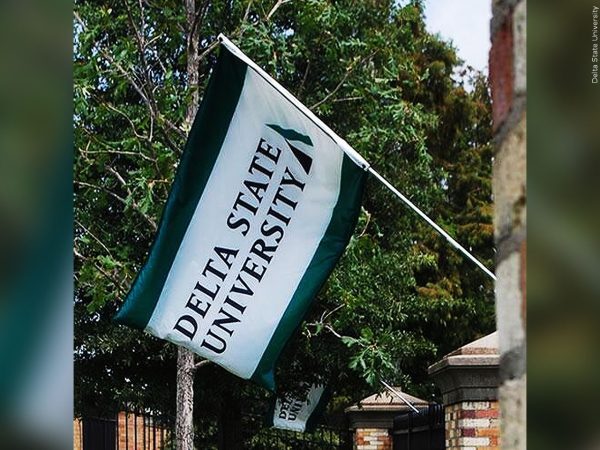
Demartravion “Trey” Reed was found hanging from a tree on Delta State University’s (DSU) campus, causing an uproar from people who largely expressed their concerns on social media.
21-year-old African American student Trey Reed’s death was described in the police report as a suicide, which was later confirmed by the state medical examiner. People remain uncertain whether this autopsy result is true as many flood social media to share their thoughts on the matter.
Social media users reported that his limbs were broken, indicating that his death was not influenced by himself; the autopsy report stated otherwise. There were no signs of lacerations, contusions, broken bones or anything of the sort according to Bolivar County Coroner Randolph Seals Jr.
Reed’s family is seeking an independent autopsy upon learning this news, feeling as though the answers are not completely accurate and do not make sense.
“Colin Kaepernick offering to pay for that private autopsy is the best next step forward for Trey Reed to rest in peace and for his family to get the proper closure they need. This will be done in such a way where they can fully trust the person giving them that information,” said Fehti Ambekia, a Massachussetts resident.
The campus on which his body was found is a majority white campus and resides only 30 miles from a site associated with the 1955 lynching of Emmett Till. Mississippi’s history of lynching and racial discrimination against African Americans provoked angst within many people upon learning the nature of Reed’s death.
“It just seems like it’s always a mystery around people of color’s death, especially in this country. It’s just that a lot of things get covered up,” said Maggie Howard, a senior psychology student.
Many reject the ruling of this suicide by grounding their reasoning in the historical context of racial violence.
“Black men don’t hang themselves, period. Even though mental health is very taboo within the black community, that is not a way someone would choose to go out, especially considering the history of lynchings in the South,” Ambekia said.
Furthermore, this case instills fear in many students across different campuses because of its strange nature. The uncertainty about the autopsy results and the state in which he was found upon his death causes fear to dwell in people who attend college classes.
“It’s disheartening to hear such an event has happened and it kind of makes me scared,” Ambekia said. “I used to go to college in the South and it was a true culture shock for me. And coming back up to Massachusetts, I honestly feel a lot safer, especially with how political violence has been on an uprise,” Ambekia said.
In terms of change for the African American community, many GCSU students feel at a loss for improvement considering the racially discriminatory history and actions that still prevail in 2025. They feel as though things are not improving when news such as this case comes to light.
“I fear things like this will never change. Not in our lifetime, [even though] we really thought we [would] be the change for it,” Howard said.

